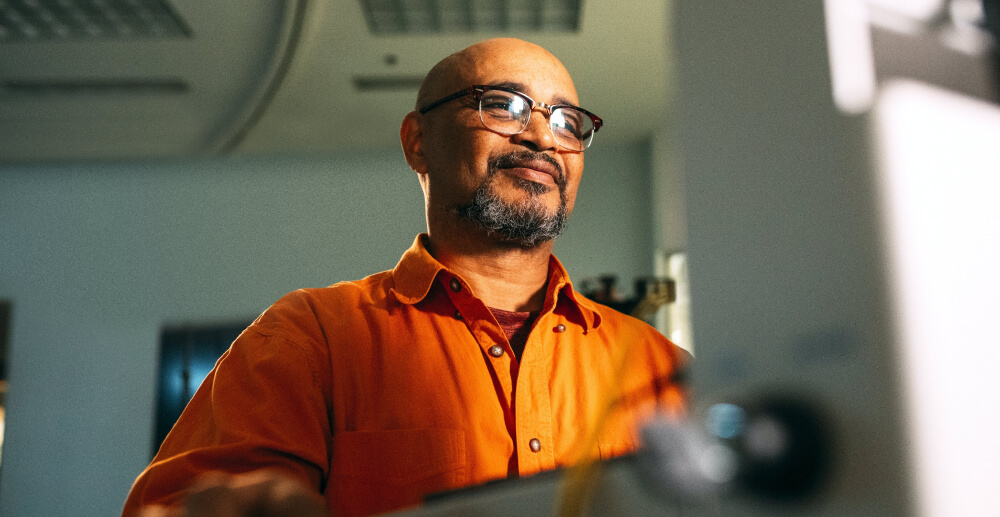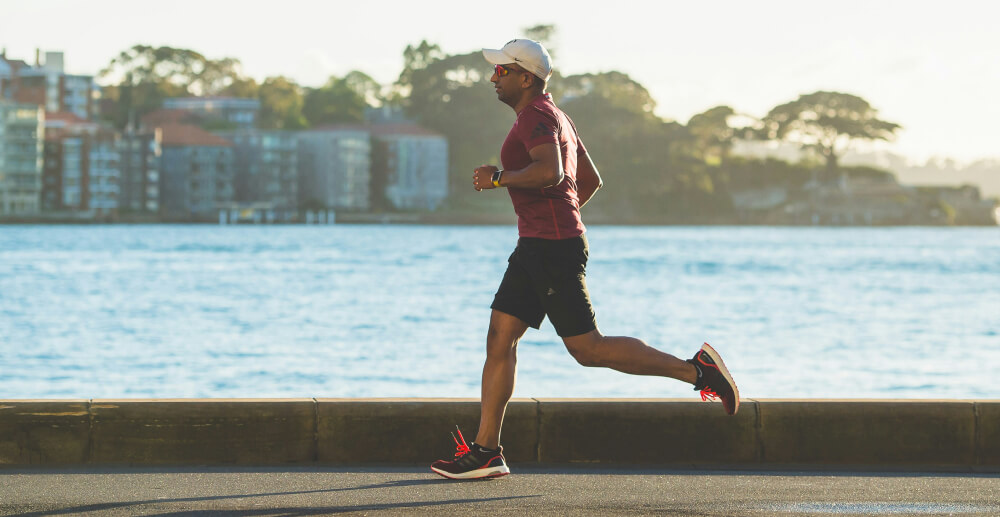To be completely honest, when I first stopped drinking, I didn’t really want to “get sober.”
What I wanted was to stop getting in trouble with my alcohol consumption. I wanted to learn how to drink like other people seemed to—enjoying my drinking and quitting when I wanted. Many people, even those who drink heavily, are able to moderate their drinking, whether through willpower, with the targeted support of medication, or with counseling. For me, personally, it soon became clear that I needed to give up drinking entirely. And that seemed like a huge, daunting task to accomplish.
What I didn’t yet realize was that recovery is not a destination I could arrive at, nor an achievement to check off my list. It’s a process. Over time, I’ve become so grateful that I see it this way. Here are a few reasons I find it helpful to view getting sober as a process:
There’s no predetermined endpoint and no shortcuts
If getting sober were a destination, there would be a scheduled point at which I would arrive. I’d be able to shrug off the necessity of mindfulness and reflection. I would never have to be cautious about alcohol again. I would check “getting sober” off my list and be done with it. Sometimes that does sound appealing. But it also sounds like an easy place for me to lose all of the growth and insight that I’ve gained.
My recovery process has made me more open-minded. It has introduced me to meditation, to helping others, to personal insights, and to emotional maturity and thoughtfulness. Those are all valuable, treasured lessons. It’s also brought me into contact with other people who are also in recovery. There’s a sense of goodwill and support, and a lack of judgment that are hard to find elsewhere. These lessons and these friends are important to me as more than just a means to an end. I’m glad I don’t have a scheduled stopping point at which I’ll cast them aside.
If there were a planned endpoint to my recovery, there would also likely be shortcuts I could take to get there. And looking back at my behavior when I was drinking … I would probably cheat. But since that’s not possible, I have to take a long way—learning my lessons, growing my spiritual life, and connecting with other people, one little bit at a time.
My recovery doesn’t have to look like anyone else’s
If getting sober were a destination, when I got there it would look just like everyone else’s sobriety. We’d be at the same point on the map. But since recovery is a fluid, ongoing process, it makes sense that it’s different for everyone.
This was hard for me to understand at first. I thought that to stay sober, I needed to model my recovery on exactly what other people were doing. The trouble with that is, I’m not those people. My triggers, my habits, my emotions, my family, my joys and pleasures, my fears and shame—all of these come together to make me unique. Just as you are unique. So what works for me isn’t necessarily the same as what will work for you.
For some people, getting sober involves treatment centers. For others, it’s all about prayer. Some folks never step foot in a 12-step meeting, and some attend meetings twice a day. For many of our members here at Workit, getting sober involves medication-assisted treatment, while for others it is strictly therapeutic support. I know people whose recovery looks like daily hikes, and others for whom it is almost all books and discussions.
And all of these paths are just as valid, as long as they work for the people taking them.
My recovery goals and actions can change over time
As I mentioned at the beginning of this post, I didn’t really intend to get sober when I stopped drinking. That has changed, and now my goal is to stay on this recovery path of abstinence from alcohol. Because getting sober isn’t a pre-mapped, foreordained course, I’m allowed to change my goals.
I know many people who begin with one recovery goal (stopping using a particular drug, cutting back on drinking, getting control over a compulsive behavior), and over time they change to an entirely different goal. Sometimes because they accomplish their first goal, sometimes because they discover that the root of their discomfort was different than what they had assumed, sometimes because they adjust their expectations as they learn more about themselves. Regardless of why, there’s no penalty box for people who switch recovery goals!
I’m also allowed to change the actions I take to help me toward my goals. For example, early in my recovery I kept a journal and felt guilty if I missed a day of writing in it. While journaling can be hugely beneficial, the guilt and the pressure I put on myself to be wise and insightful within its pages made my journal more of a burden than a help. So I stopped writing in it. I found other methods of self-reflection. And that was fine.
There is no one true way to recover.









